Our newest white paper outlines how the Skytap Automation Pack for Visual Studio Team Foundation Server provides the integration between VS-TFS and Skytap Cloud. This integration enables development and test teams to use the same skills, workflows, and processes they already use with MS-TFS, while reaping the benefits that Skytap Cloud provides—provisioning complex environments, fast on-demand provisioning of dynamic workloads, and support for hybrid cloud architectures.
From the paper:
Dynamic workloads, like software development and testing, often present a range of challenges that make them difficult to manage and maintain in an efficient, cost-effective fashion. Common characteristics of dynamic workloads—fluctuating demand, frequent change requests, and secure collaboration with team members, partners, or customers—can result in unpredictable capacity needs and high provisioning and administration costs. With these challenges in mind, Skytap Cloud was designed and developed to quickly and easily move dynamic workloads to the cloud.
Skytap is a cloud-based service with a simple setup. A development team can sign up and get started within minutes.
The Automation Pack ties the unique capabilities of Skytap Cloud with the BDT workflows in Visual Studio Team Foundation Server. It allows teams to easily create self-contained environments, called configurations, for applications. Configurations can be as simple as one machine for build or unit testing, or as complicated as multiple machines with different components connected together with complex networking topology for full-scale functional testing. Skytap Cloud offers hundreds of base configurations that can be used to create environments, or users can import virtual machines. The Automation Pack leverages the capabilities of Skytap Cloud and allows the creation of TFS-ready test environments in Skytap Cloud using Microsoft Test Manager (Fig. 1).
Typical BDT Scenarios Using Skytap Automation Pack for Microsoft Visual Studio TFS

Fig. 1. Existing on-premise Visual Studio developer/tester desktops and TFS deployments automatically establish a secure VPN connection and create dynamic testing environments in Skytap Cloud.
Once ‘golden’ environments are created, they can be saved off as templates, with as many copies of the environment as required. All environments created from a template start in exactly the same fresh state for testing. The environments can be created sequentially or in parallel. The Automation Pack uses this capability to create and run new environments, as defined in a BDT definition, on demand. This ensures that tests are run on clean environments every time, without having to manually clean up the environment after each test.
Skytap Cloud allows easy administration of the environments, which ensures control over development budgets. Once a team is finished with a given test environment it can be deleted or saved—frozen in time—for further investigation. The Automation Pack ensures that only the required resources are running, streamlining resources and enabling more BDT runs. Teams can also save the resulting environment from a failed BDT run so that a developer can instantiate the exact state again and debug the failure.
The speed with which Skytap Cloud can perform all of these operations provides additional value. Environments can be created, run, suspended, stopped, saved, and deleted in under a minute. Faster BDT runs means faster testing, and ultimately, faster delivery times for applications.
Read the full white paper: Skytap Automation Pack for Microsoft Visual Studio Team Foundation Server
